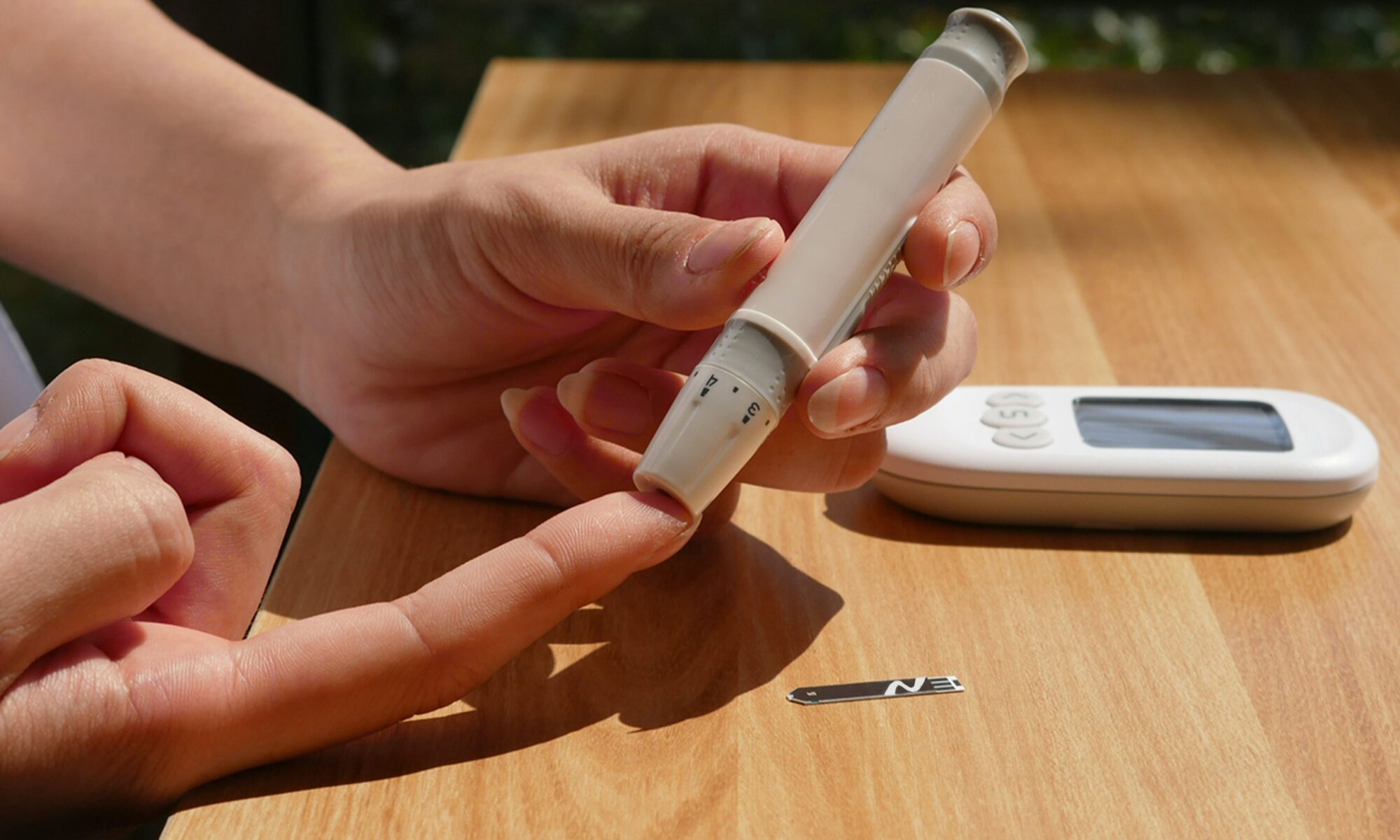One of the challenges researchers have faced in developing long-term treatment options for type 1 diabetes (T1D) using allogeneic cells is that the body often rejects these cells. This means that patients would still need to take anti-rejection or immunosuppressant medications, which can be hard on the body and contribute to other issues. However, researchers may have found an option that protects cells while allowing them to control glucose levels.
In a new study, researchers encapsulated pancreatic islet cells with seven different alginate formulations and transplanted them into non-human primates. The goal was to maintain function of the cells without disruption by common challenges such as foreign-body response, pericapsular fibrotic overgrowth, or sedimentation of the microspheres. Of the seven alginates used, three showed transient islet graft function with decreased foreign-body response. One of the chemically modified microsphere formulations protected cells and glucose-response for four months without requiring immunosuppression.
This is a positive step toward correcting insulin deficiency using allogeneic cells. More research is necessary on the alginate formulations, and clinical trials have not yet been conducted in humans. The Diabetes Research Connection (DRC), though not involved in this trial, is interested to see where this study will lead and what it may mean for the future of T1D treatment options.
The DRC is committed to supporting T1D research and providing funding for early career scientists to carry out novel research projects. Learn more about current projects by visiting https://diabetesresearchconnection.org and consider donating to these efforts.




